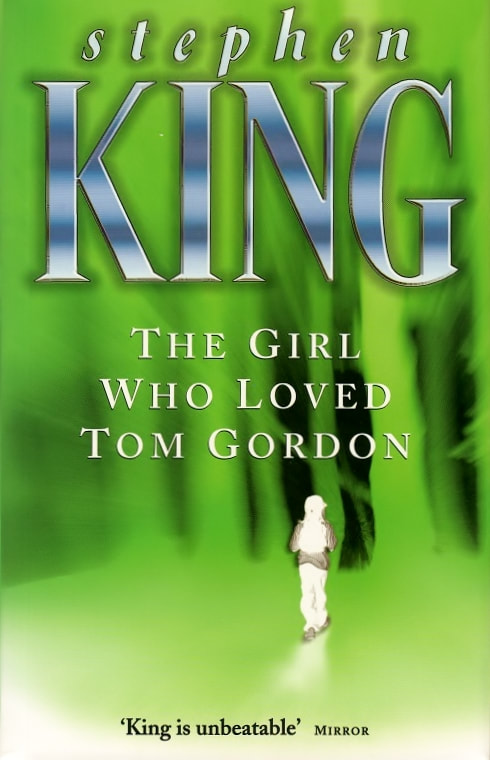The narrative is straightforward but compelling. The main question is ‘will Trisha survive?’, and it’s all that’s needed to keep the story going. It’s very easy to root for her as she embarks on her unwanted adventure, not just because she’s a kid in a bad situation, but because of the grit, humour, and resourcefulness she shows as she does her best to keep going.
What I liked most about this book was its sense of atmosphere. King wrings every drop of it from his woodland setting, creating an environment that’s as much a character as Trisha or her family. Since she’s on her own for most of the book, this is a necessity, and he delivers in spades. At first, the forest is merely threatening, but as the story progresses it becomes a backdrop for nightmare and myth. As Trisha’s mental state deteriorates, the boundaries between reality and imagination become muddled, and King’s evocative descriptions bring to life the twilight world in which she finds herself.
If getting lost in a forest wasn’t enough, Trisha also has to contend with the mysterious force which seems to be following her. King never makes explicit exactly what it is, but provides hints and implications as to its true nature. In one of my favourite sequences of the book, she learns its name – the God of the Lost – and exactly what it wants from her. King does a lot with a little in building up the threat, making powerful and effective use of the power of suggestion.
Having read a good number of Stephen King books now, I can confidently say that The Girl Who Loved Tom Gordon has all the things that he does best – suspense, strong characters, and good storytelling. It’s lighter on the horror than some of his other works, although it certainly has its moments. It’s currently being made into a film, directed by Lynne Ramsay (We Need To Talk About Kevin), which I’m looking forward to a lot. While on the surface it’s a relatively simple story, there’s a lot going on underneath.
Review by Charlie Alcock

 RSS Feed
RSS Feed
